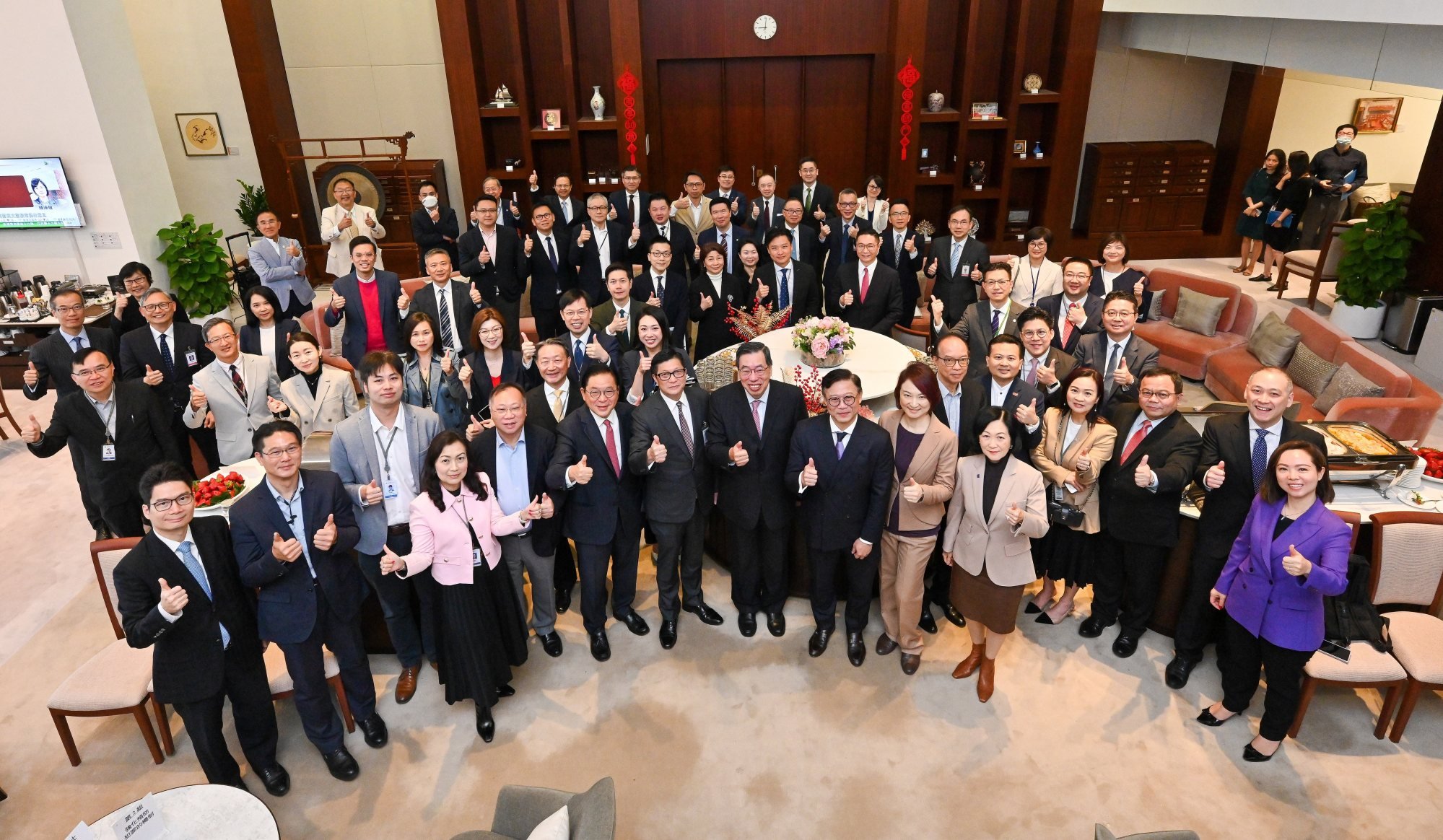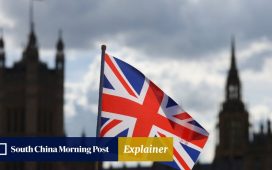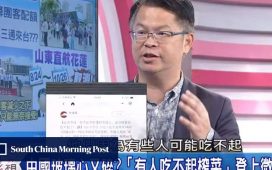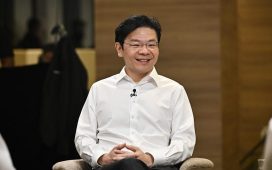Secretary for Security Chris Tang Ping-keung on Wednesday said members of the public had mostly expressed worries about the offences of acts with seditious intention, theft of state secrets and foreign interference that were cited in the consultation paper on the coming legislation, which is mandated by Article 23 of the Basic Law, Hong Kong’s mini-constitution.
He said “external forces” and “runaway Hongkongers” – without specifying anyone – had been deliberately spreading misleading and false information to discredit the government’s efforts to introduce the domestic national security law, for which a month-long consultation period will end on February 28.

“Soon, we will introduce the bill after wrapping up the consultation,” Tang said, after attending a Legislative Council exchange session on scam prevention and the proposed security law.
“We expect that after the bill is introduced, the people we want to guard against … will do more smear work, and the public must recognise the truth that Article 23 is here to protect our safety.”
Earlier in the week, Tang also told the Post on the sidelines of a private event that the government was “very seriously” considering introducing a public interest defence to the publication of state secrets but the threshold had to be set “very high” to prevent it being abused.
Top Beijing official expected to meet tycoons, professional bodies in Hong Kong
Top Beijing official expected to meet tycoons, professional bodies in Hong Kong
Citing this as one piece of feedback the government was receptive to, he also said any expansion of Hong Kong police’s powers to question potential offenders under the new law, as suggested in the consultation paper, would require an application to the courts rather than be an administrative change in the law books.
“It will not be an administrative amendment. The courts will have a role to play. If it is necessary, we will ask for more than 48 hours, if it’s not, we won’t,” he said.
The law would not expand the powers of the security secretary, he added.
In the chamber on Wednesday, Tang said authorities had heard residents’ concerns, most of which related to the proposed offences of seditious intentions, theft of state secrets and foreign interference.
He said a person could be charged with the state secret offence only if they intended to endanger national security, and sedition charges could not be brought for criticising the government as long as such remarks were fact-based.
Hong Kong needs to better explain security law to foreign businesses: CY Leung
Hong Kong needs to better explain security law to foreign businesses: CY Leung
Legislator Michael Tien Puk-sun, who had previously shared information about border reopening and rail operations with the media, said he felt assured after attending the exchange session on Wednesday, as he was confident that he would not cross the line in endangering national security for revealing such unannounced details.
The two largest parties in the legislature, the Democratic Alliance for the Betterment and Progress of Hong Kong and the Federation of Trade Unions, voiced their continued support for the local legislation after the exchange session.
Members of the medical sector voiced their support for the proposed law.
Professor Wallace Lau Chak-sing, dean of University of Hong Kong’s medical school, said Article 23 legislation would not affect the faculty’s operation.
“I hope and believe the government will explain different aspects clearly and the [new law] will not affect us in making friends or recruiting overseas researchers in the future,” Lau said.
The Hospital Authority also submitted views showing support for the bill to the Security Bureau.
Authority chairman Henry Fan Hung-ling said public healthcare facilities had been damaged and services had been disrupted in the past.
Hong Kong should better explain new national security offences, top adviser says
Hong Kong should better explain new national security offences, top adviser says
“These imposed tremendous risks to the operation of the public healthcare system,” he said. “Thus, enacting the Basic Law Article 23 legislation should not be delayed.”
He also urged the public, especially healthcare professionals, to provide the security authorities with their views and support for the legislation.
Separately, Secretary for Financial Services and the Treasury Christopher Hui Ching-yu said there was “no timetable” on regulating crowdfunding activities “considering the current work priority of the government, as well as the ongoing Article 23 legislation and the subsequent follow-up work”.
His bureau launched a public consultation in 2022 on a proposal to regulate crowdfunding attempts in the city, such as requiring anyone planning to launch these activities to apply to authorities and empowering law enforcement agencies to issue a prohibition order to discontinue any unapproved ones.
While the government argued the move was needed because such campaigns had been used to con people or back activities that threatened national security, critics feared the regulations would undermine the city’s status as an international financial hub.
Additional reporting by Elizabeth Cheung







